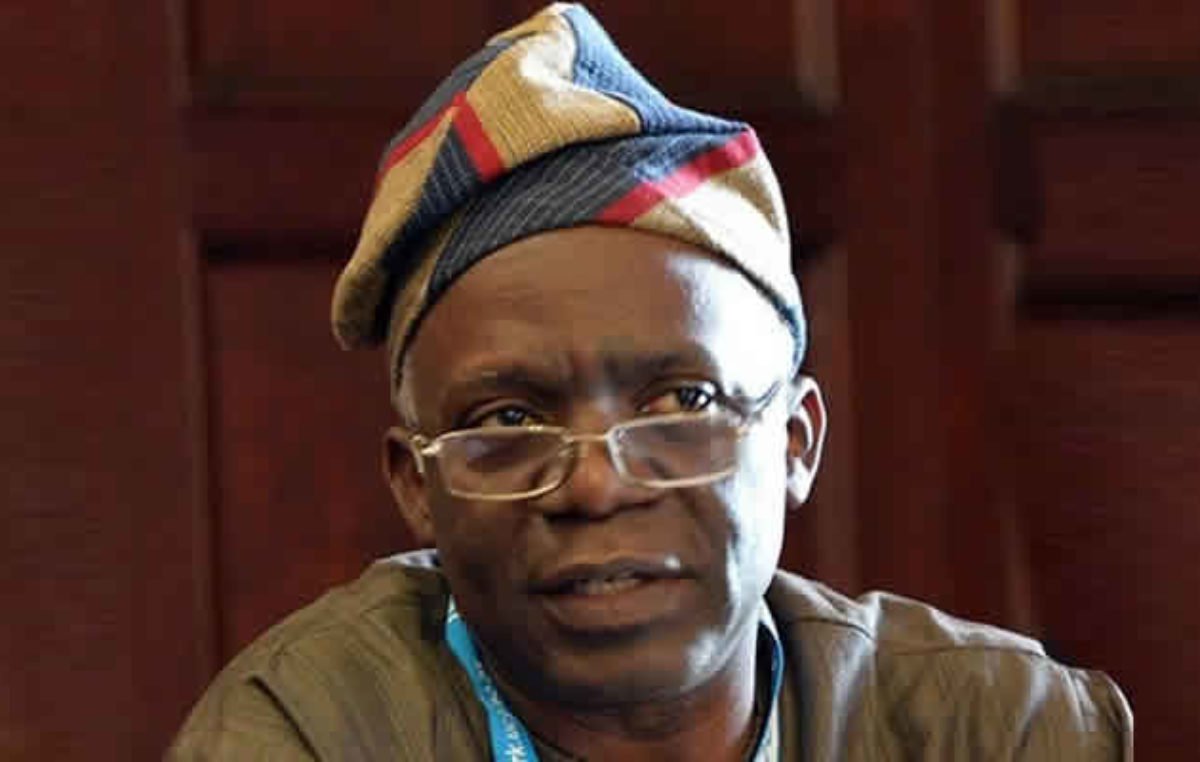
Human rights lawyer, Femi Falana, has criticised the President Muhammadu Buhari-led administration for clamping down on individuals perceived as its critics.
Falana said this while insisting that the planned protest march by the 2019 presidential aspirant of the African Action Congress, AAC, Omoyele Sowore and some other individuals was not a treasonable offence.
The activist lawyer’s claim is following the arrest of Sowore by the Department of State Service, DSS.
DAILY POST had reported that Sowore, had called for a nationwide staging of protests against what he described as a bad governance.
The protest he tagged “Revolution Now”, was planned to take place on Monday, August 5.
Following Sowore’s arrest, the Nigerian Police Force, had described the planned protests by Sowore and some individuals as ‘treasonable felony and acts of terrorism.’
It vowed to resist any act that could lead to a breach of law and order in the country.
However, Falana, in a statement he signed and issued on Sunday countered the claim of the police, saying the Force had capitalized on the use of the word “revolution” to criminalise the protests.
The statement reads: “No doubt, the Nigeria Police Force has capitalized on the use of the word “revolution” to criminalise the protests. If revolution has become a criminal offence in Nigeria why were the leaders of the APC not charged for claiming to have carried out Nigeria’s democratic revolution which terminated the 16-year rule of the PDP in 2015?
“Why was Dr Kingsley Chiedu Moghalu, the presidential candidate of the Young Progressive Party (YPP) not threatened with treason when he asked Nigerians to rise up for revolution via the 2019 general election?
“Did all Nigerian senators led by APC members not commit treason or terrorism when they spent one and a half hours on May 14, 2019 to debate Senator Chukwuka Utazi’s timely motion on “Bridging the gap between the haves and have-not to nip in the bud the seeds of a looming violent revolution?”
He noted that “it is worrisome that the Buhari administration has decided to extend the ambit of the Terrorism Prevention (Amendment) Act to cover individuals and organisations that are critical of official policies or perceived marginalisation within the federation.”














